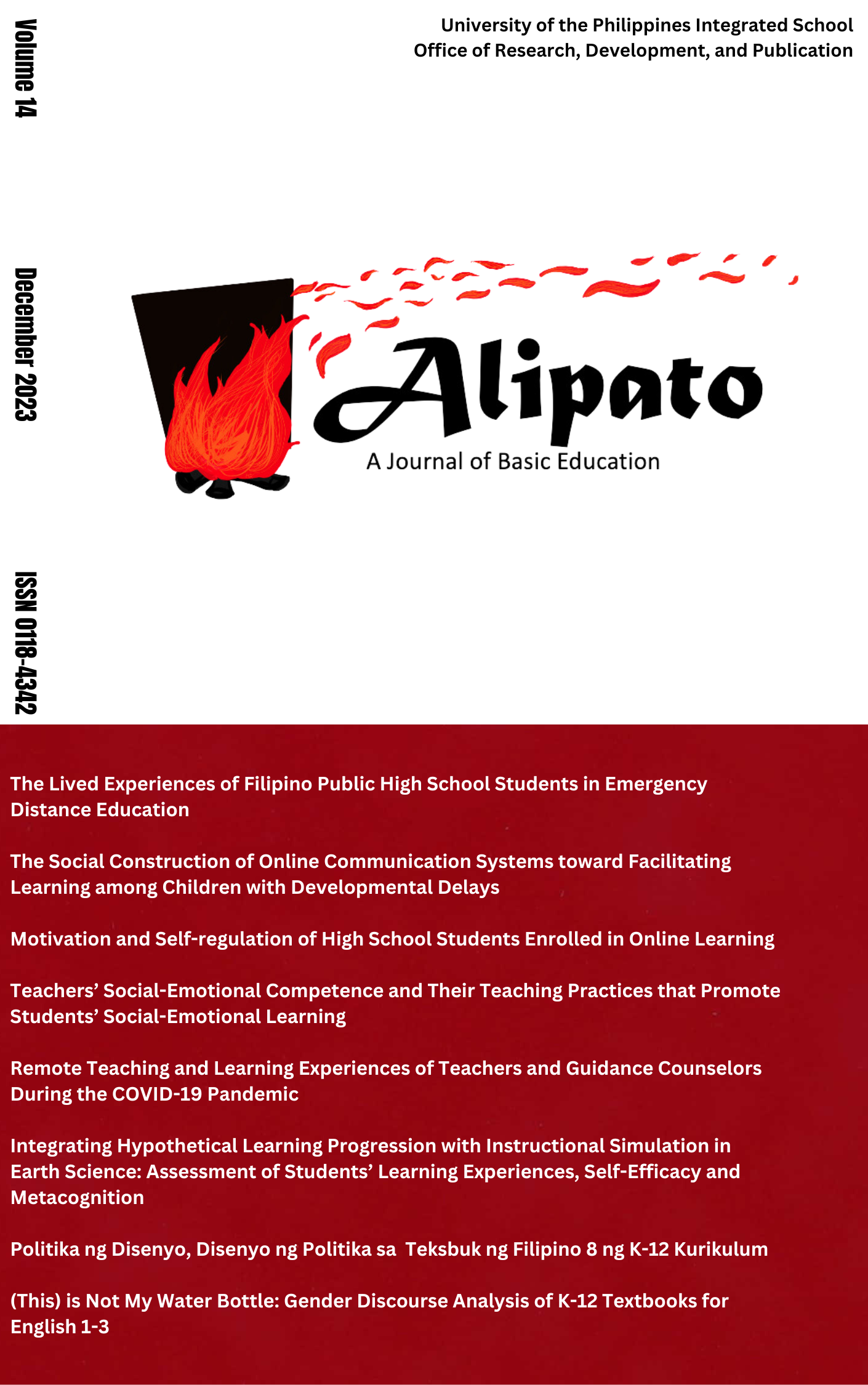The Lived Experiences of Filipino Public High School Students in Emergency Distance Education
Abstract
Distance Education (DE) has been extensively researched, yet it emerged as a novel phenomenon during the pandemic, differing significantly from traditional distance learning methods. Moreover, the scarcity of DE studies in public high schools underscores the need to investigate distance learning experiences in a global emergency. Eight public high school students selected through typical purposeful sampling described their lived experiences in Emergency Distance Education. The resulting descriptions were drawn using the Descriptive Phenomenological Psychological Method of Amedeo Giorgi (2009) with Community of Inquiry as a framework for analysis. The structure of the phenomenon is organized into thematic categories clarifying (1) students' context and (2) factors that enable learning. The social and cognitive presence of the students were characterized by (a) a sense of ambivalence and (b) negotiation of expectations due to physical constraints, entanglement of spatial boundaries, and doubts about learning quality. Students’ conflicted view of the teaching presence emphasized the importance of socio-academic interactions, and activated the learner presence through different coping strategies. The findings provide insights to educators who design educational environments for distance learners; emphasize the interconnectedness of social, cognitive, teaching, and learner presences, and call for a self-directed, interdependent learning environment that encourages direct, immediate, and personal communication.


